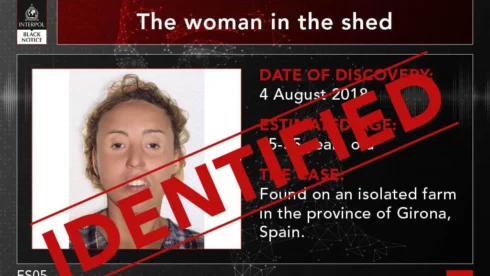THE principle that requires a claimant to prove the guilt of a defendant in a court of law, is called presumption of innocence and it means that anyone is innocent until proven guilty.
In civil cases, a similar concept applies.
The claimant must prove his case against the defendant by weight of evidence i.e ‘more likely than not’.
In Spain, there is one clear exception.
False advertising claims brought against anyone publicising a product or service.
This anomaly means that if you advertise a product, you must be able to prove that what you say is accurate, truthful and correct if a consumer decides to sue.
The recent 2009 Act amending current legislation on unfair competition and publicity represents a major overhaul of current laws on unfair competition, advertising and consumer protection that deals with misleading acts and omissions, unlawful advertising and other illegal practices.
And very significant are the different actions included in the Act that can prove overwhelming for any company that has been misleading with its advertising.
Anyone can make a claim for an advert to be removed from a media outlet or to have misleading information rectified.
And any person that has been directly harmed can also bring actions for damages by reason of negligence and unjust enrichment.
If we take the example of the banks offering tax advantages to pensioners on the so-called Equity Release scam, the effects will be dramatic for these companies if they cannot prove the claims they are making.
Equity Release was all about Spanish inheritance taxes being so high that if you did not do something about it, your children would never be able to inherit.
But this is wrong. Article 27 of the Act states that it is a misleading practice to ‘make an inaccurate claim concerning the nature and extent of the risk to the personal security of the consumer and/or his family if he does not purchase the product or engage the service.’
——-
Ask Ant
Q. I bought a distressed property at auction, paid my taxes and have just now received a request for more tax. Is this correct?
A. Yes and no: it is correct from a legal point of view as the regional tax office probably considers the value to be too low.
But it is not correct in that it is generally wrong in their assessment of property values, which are way over real market values.
You have the right to challenge this assessment by submitting your own independent valuation, which the Tax Office generally takes into account to reduce your final tax bill.
Q. I am British and am thinking about buying a property in my son’s name, to avoid Spanish IHT taxes: Is this legal?
Certainly, there is no problem with doing this as it is entirely legal to give away gifts.
However, before the gift is made you have to look into specific tax rules in Spain and the UK because they differ substantially.
Whereas in England you can be totally exempt, under certain conditions, in Spain you can be heavily taxed.










I like these articles. Thanks Antonio and OP.
This looks,at a glance, (almost) similar to the U.S. TAL ( Truth In Lending Act).They who followed the developments re the TAL over the years,found few cases of “truth”.